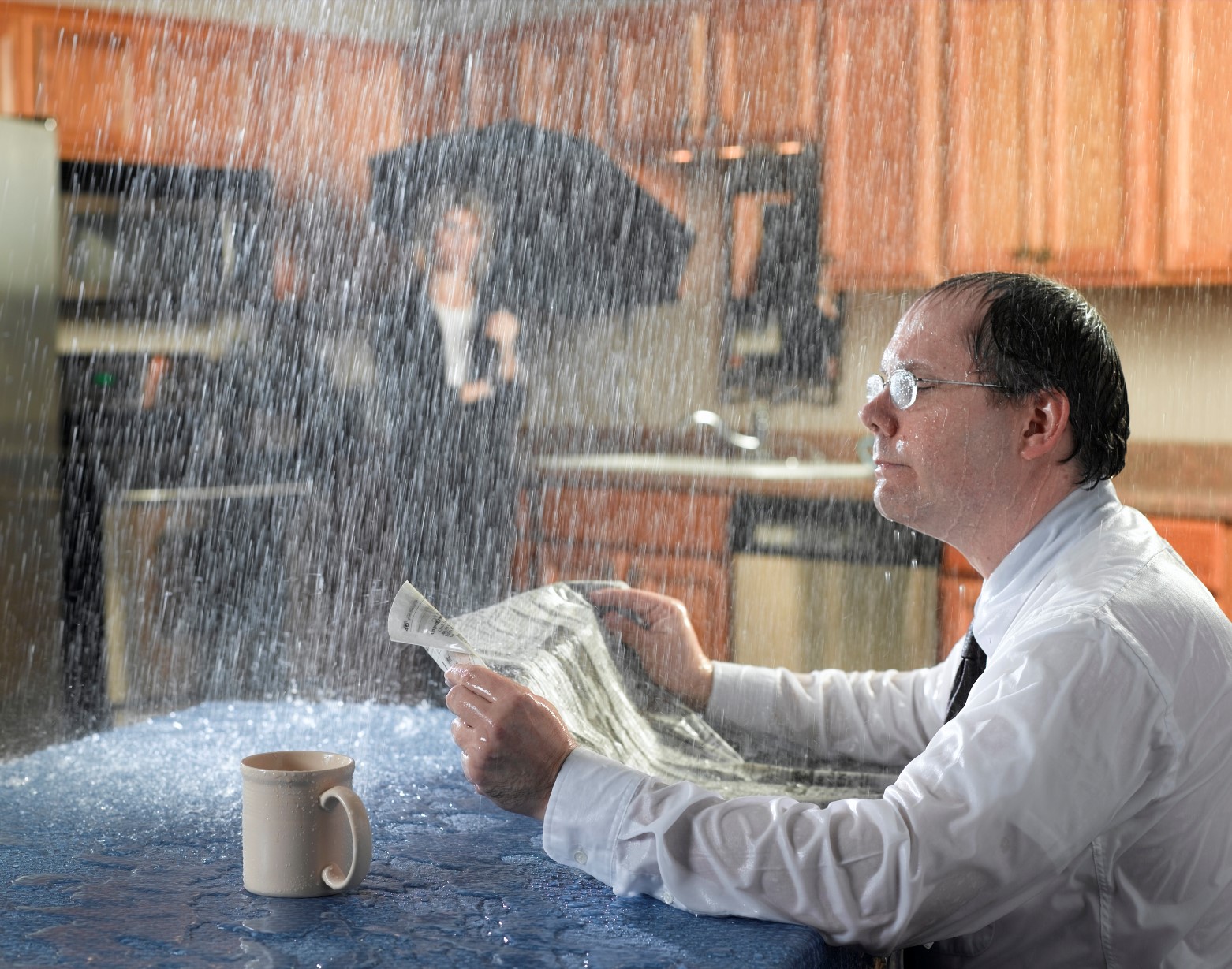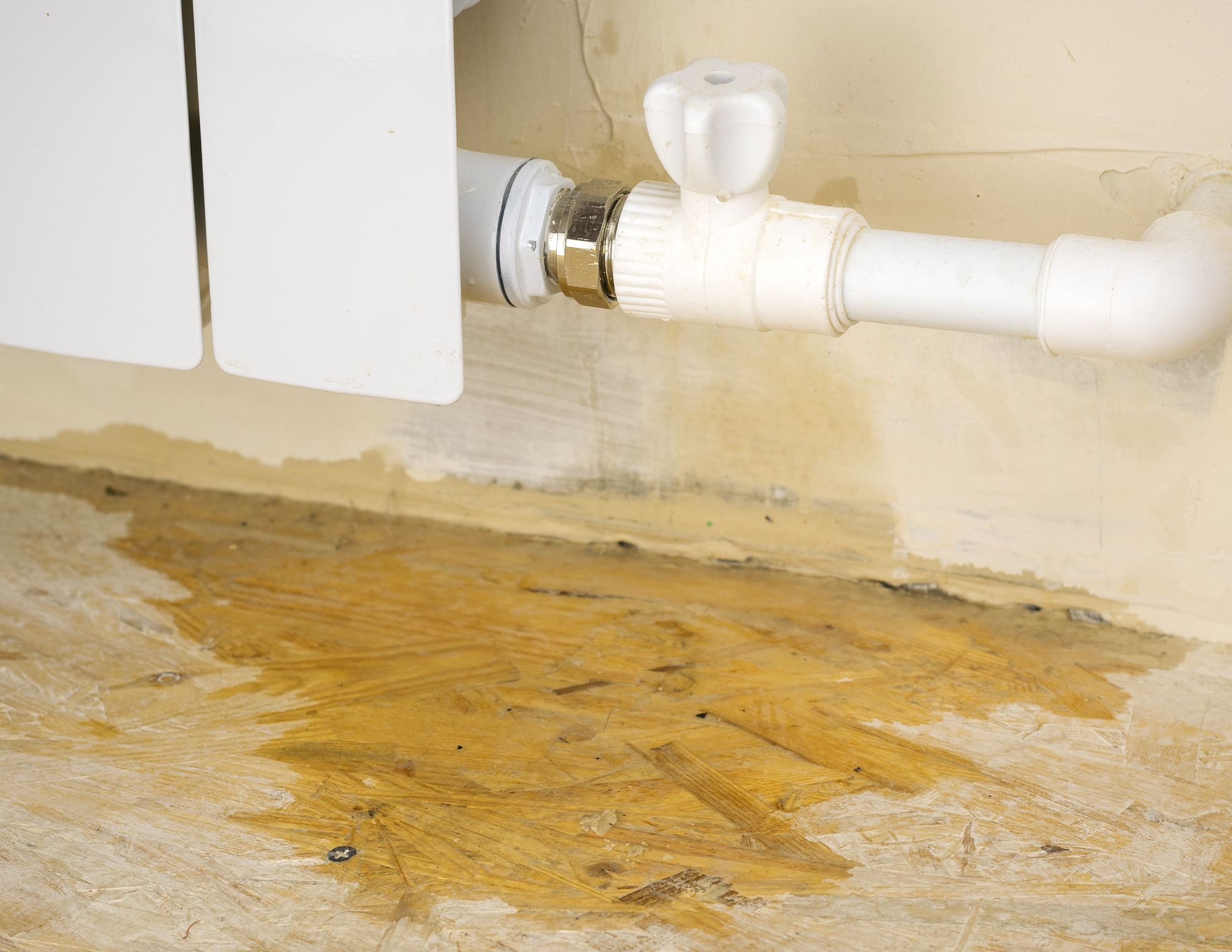How to Avoid the Six Most Common Water Leaks in Your Home
How to Avoid the Six Most Common Water Leaks in Your Home
Blog Article
Presented here in the next paragraph yow will discover lots of extremely good news all about Top Causes of Home Water Leaks.

Leakages not just create waste of water however can additionally trigger unneeded damages to your house as well as advertise unwanted organic growth. Regrettably, water leakages could go undetected given that the majority of the pipework in our house is concealed. By looking and understanding for day-to-day circumstances that trigger leaks, you can safeguard your home from future leaks as well as unnecessary damages. Today, we will consider six leakage triggers that may be triggering your pipes to trickle.
Elbowing in roots
Most water leaks begin outside the home rather than inside it. You may see wet patches or sinkholes in your yard, as well as that could imply that tree origins are attacking water lines causing water to leak out.
Corroded water systems
This might be the reason of staining or warping on your water pipelines. If our plumbing system is old, consider replacing the pipelines considering that they are at a greater threat of deterioration than the newer models.
Faulty Pipe Joints
The point at which your pipes attach is regularly the weakest link in the waterline. Pipeline joints can wear away with time, causing water leakages. The majority of pipe joints are not easily noticeable. If you have loud pipes that make ticking or banging noises, particularly when the hot water is turned on, your pipe joints are possibly under a great deal of pressure. It is recommended to have your plumber inspect your system once a year.
Instant temperature level modifications.
Extreme temperature level adjustments in our pipes can cause them to increase and contract all of a sudden. This development as well as contraction may create fractures in the pipes, especially if the temperature level are below cold.
Poor Water Connectors
Sometimes, a leak can be brought on by loosened hose pipes and also pipes that provide your appliances. Typically, changing is what triggers the loose water Links. You might discover in the case of a cleaning machine, a pipe might spring a leak as a result of shaking throughout the spin cycle. In case of a water links leak, you might notice water running straight from the supply line or pools around your home appliances.
Clogged Drains
Clogged drains pipes could be irritating as well as inconveniencing, yet they can sometimes end up creating an overflow leading to burst pipes. Maintain getting rid of any kind of materials that might drop your drains pipes that could block them to prevent such aggravations.
All the above are causes of leaks yet not all water leakages arise from plumbing leakages; some leakages might come from roofing system leaks. All leaks should be fixed promptly to stay clear of water damage.
Leakages not just cause waste of water but can likewise create unneeded damage to your home as well as advertise unwanted natural development. By looking as well as recognizing for day-to-day scenarios that cause leaks, you can protect your house from future leakages as well as unnecessary damage. Today, we will look at six leak creates that might be creating your pipelines to leak.
At times, a leakage can be triggered by loosened pipes and also pipelines that provide your home appliances. In situation of a water links leak, you may discover water running straight from the supply line or puddles around your home appliances.
How To Check For Water Leak In Your Home
How To Check for Leaks
The average household's leaks can account for nearly 10,000 gallons of water wasted every year and ten percent of homes have leaks that waste 90 gallons or more per day. Common types of leaks found in the home are worn toilet flappers, dripping faucets, and other leaking valves. These types of leaks are often easy to fix, requiring only a few tools and hardware that can pay for themselves in water savings. Fixing easily corrected household water leaks can save homeowners about 10 percent on their water bills.
To check for leaks in your home, you first need to determine whether you're wasting water and then identify the source of the leak. Here are some tips for finding leaks:
Take a look at your water usage during a colder month, such as January or February. If a family of four exceeds 12,000 gallons per month, there are serious leaks.
Check your water meter before and after a two-hour period when no water is being used. If the meter changes at all, you probably have a leak.
Identify toilet leaks by placing a drop of food coloring in the toilet tank. If any color shows up in the bowl after 10 minutes, you have a leak. (Be sure to flush immediately after the experiment to avoid staining the tank.)
Examine faucet gaskets and pipe fittings for any water on the outside of the pipe to check for surface leaks.
Undetected water leaks can happen without the home or business owner even realizing. If you suspect a water leak, but not able to find the source. It is time to contact a professional water leak detection service, The Leak Doctor.
How To Find a Water Leak In Your Home
https://www.leakdoctor.com/blog/How-To-Check-For-Water-Leak-In-Your-Home_AE197.html

As a passionate reader about How to Find Water Leaks, I assumed sharing that excerpt was worthwhile. Sharing is caring. Helping others is fun. I value reading our article about How to Find Water Leaks.
Book Your Appointment Report this page